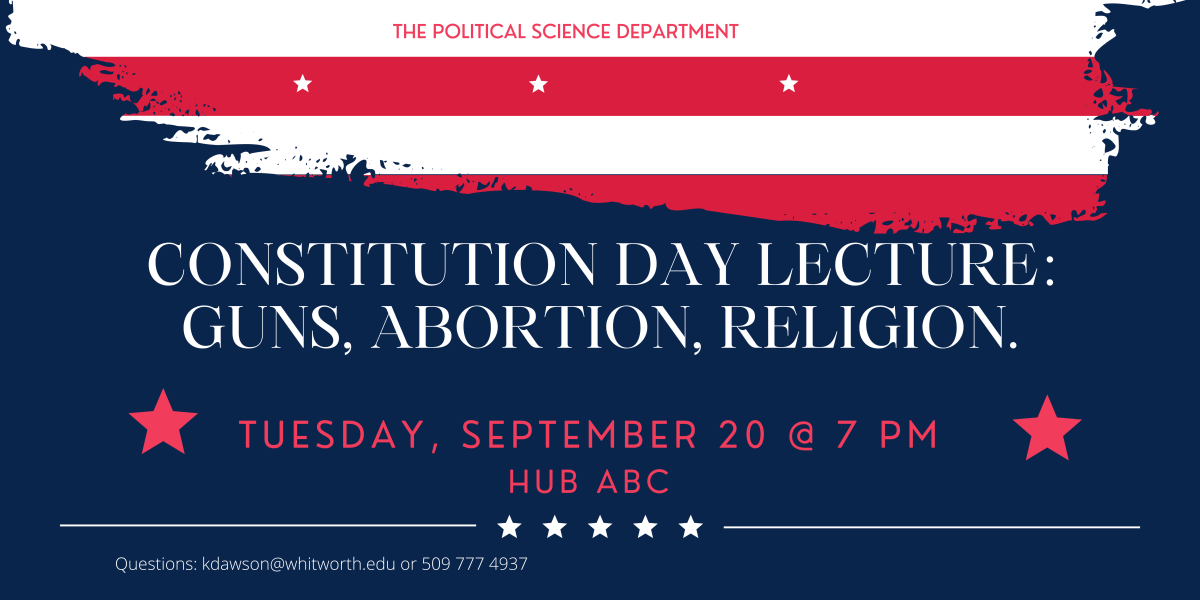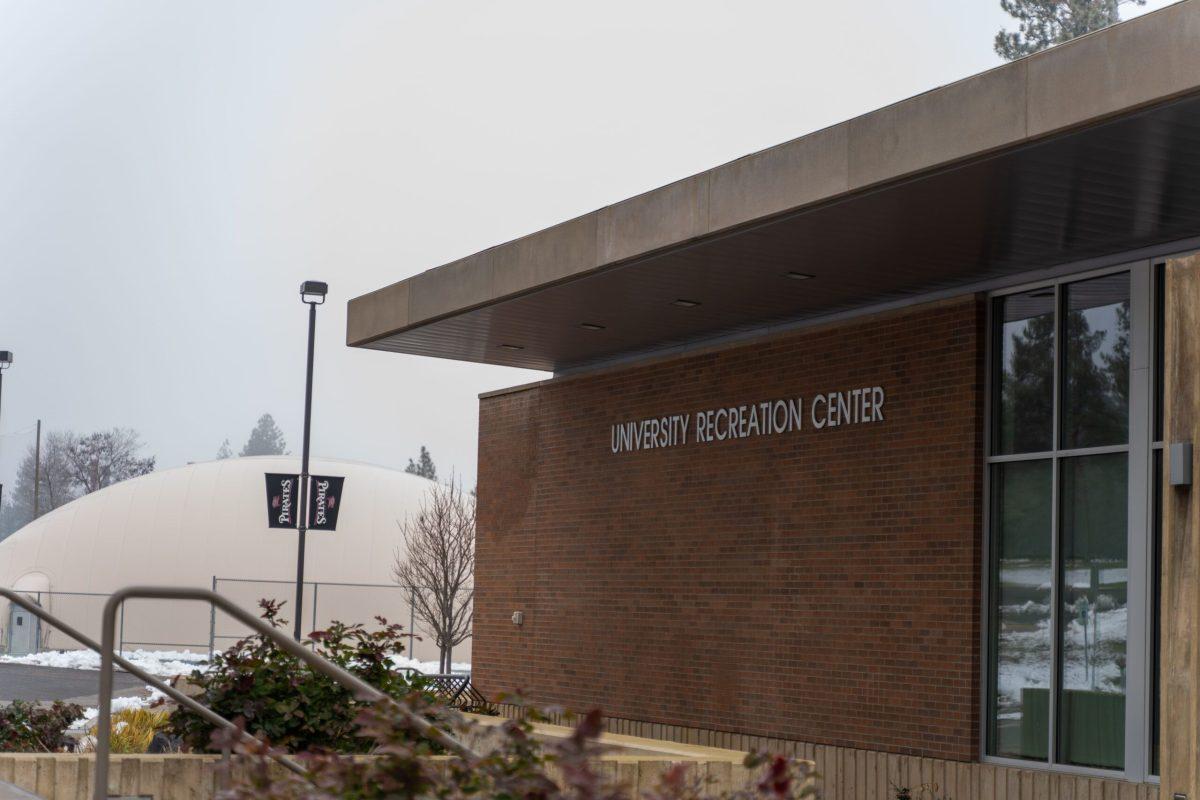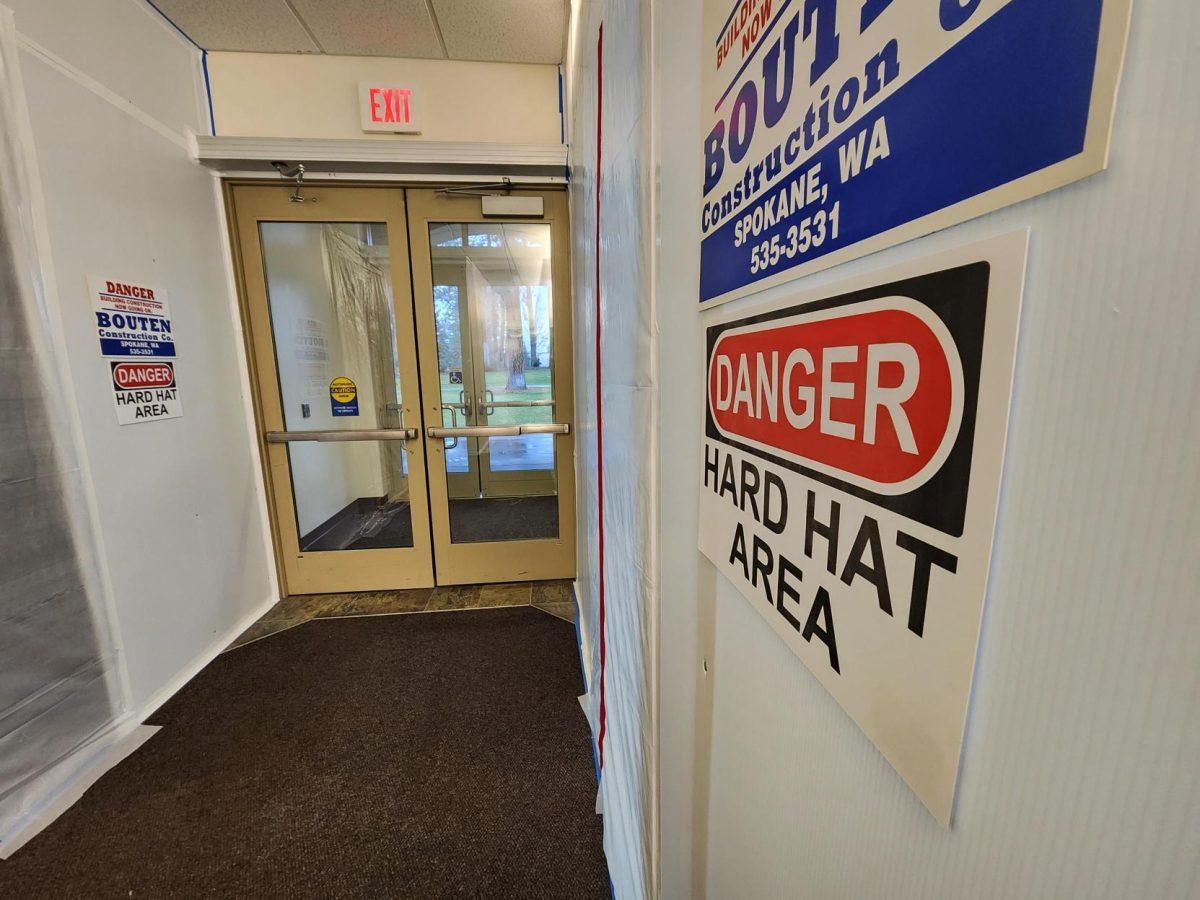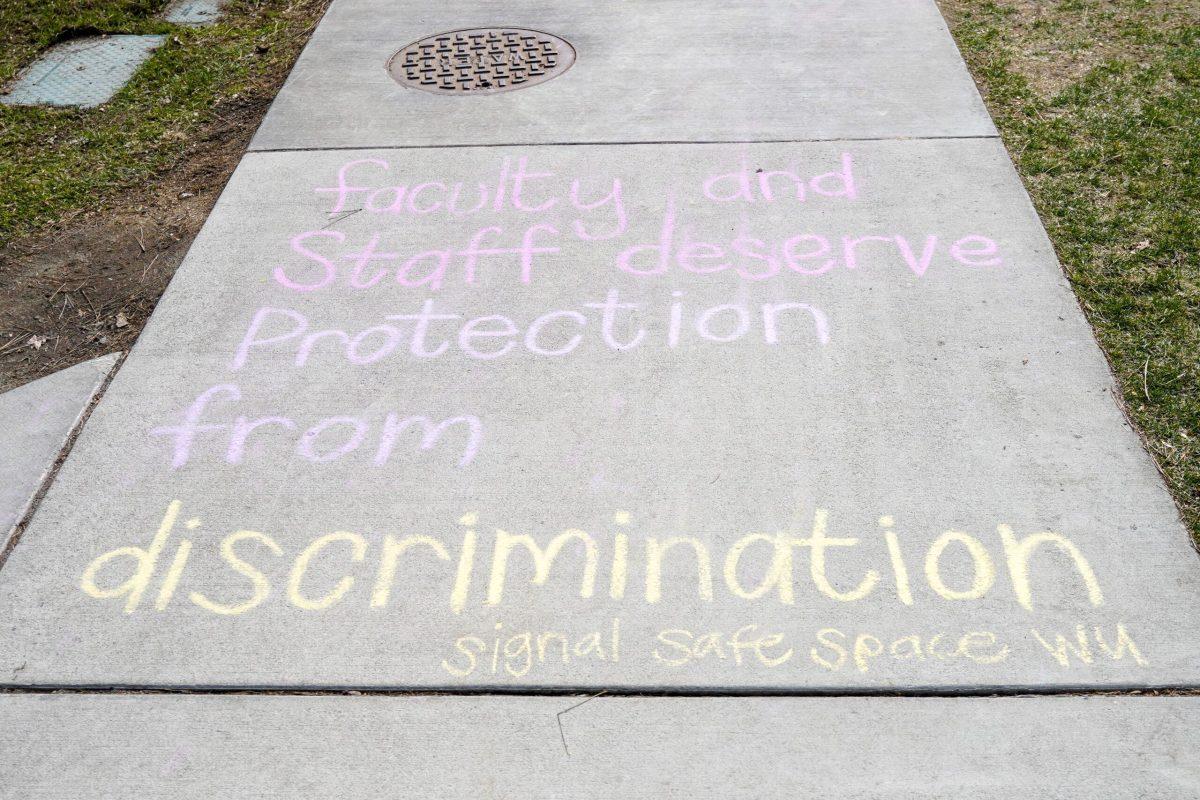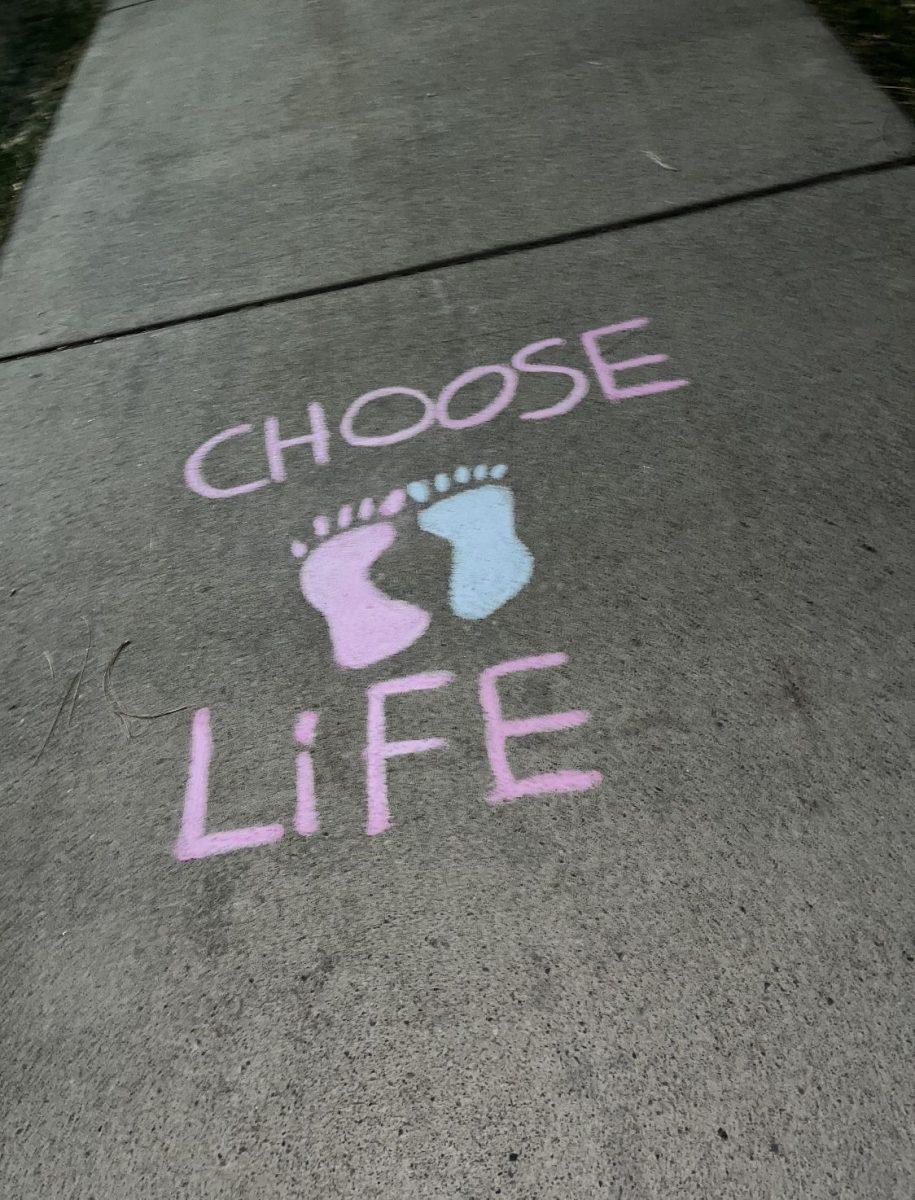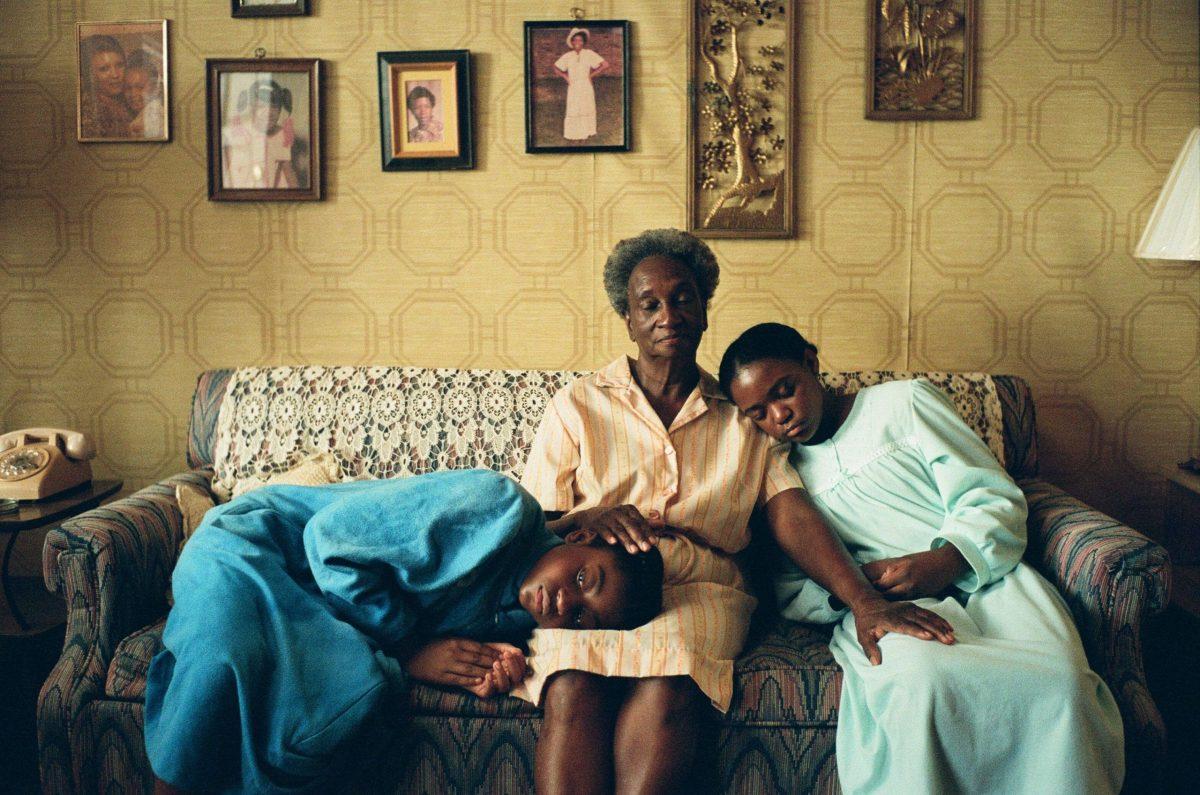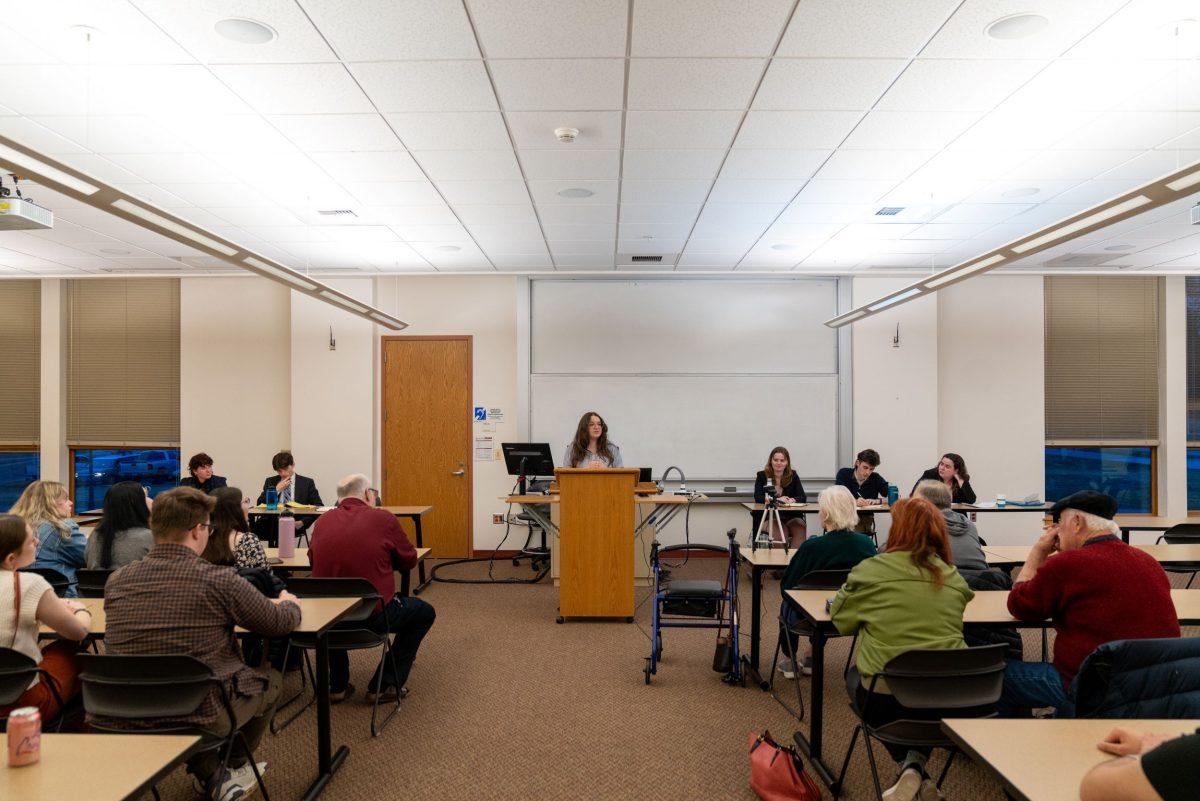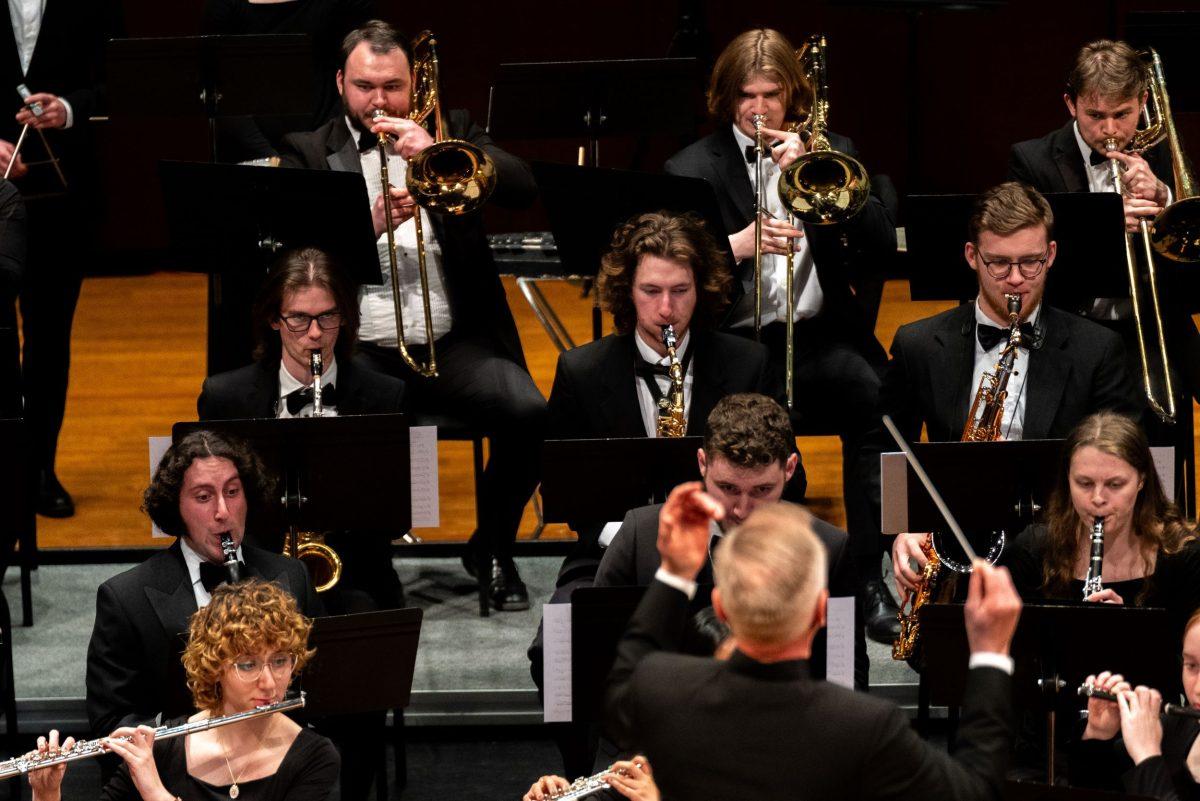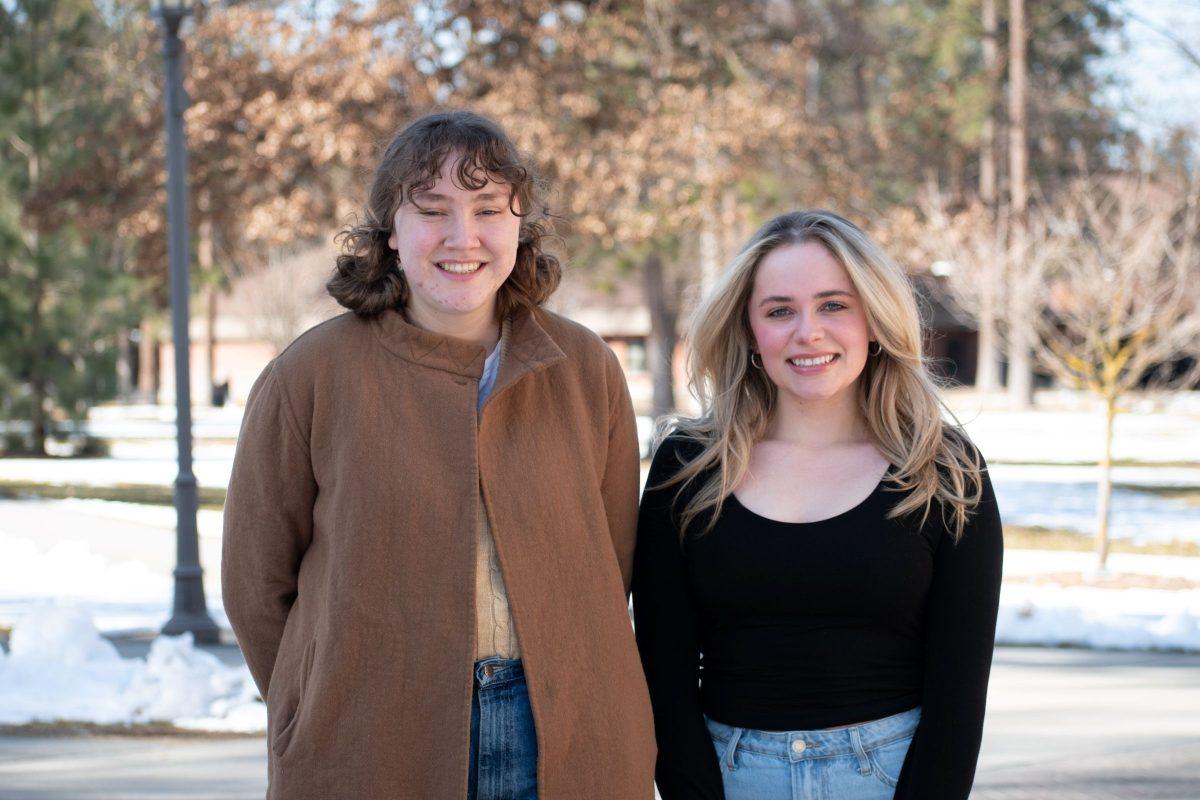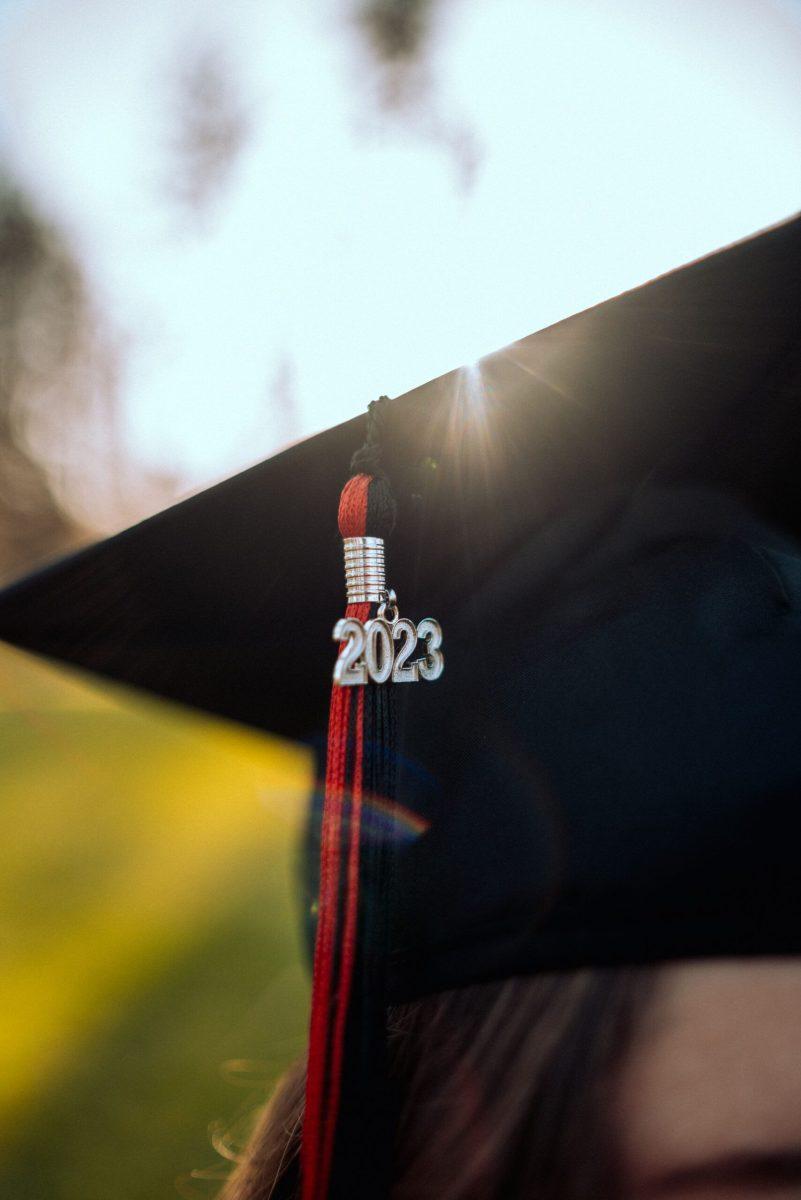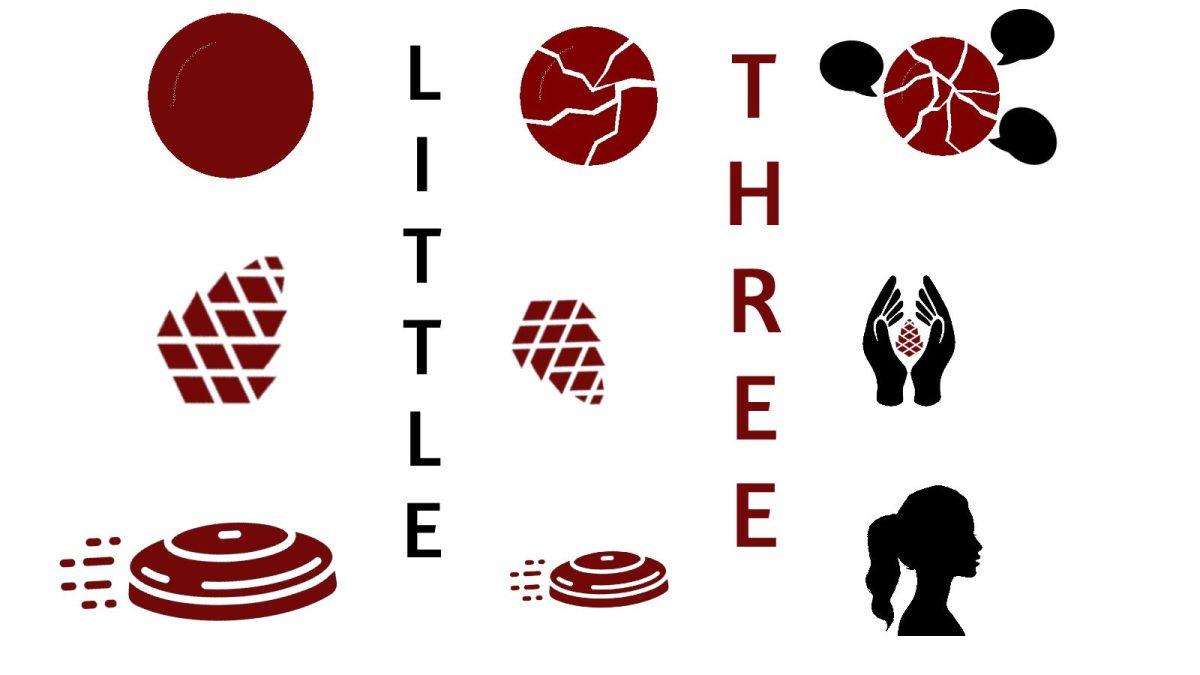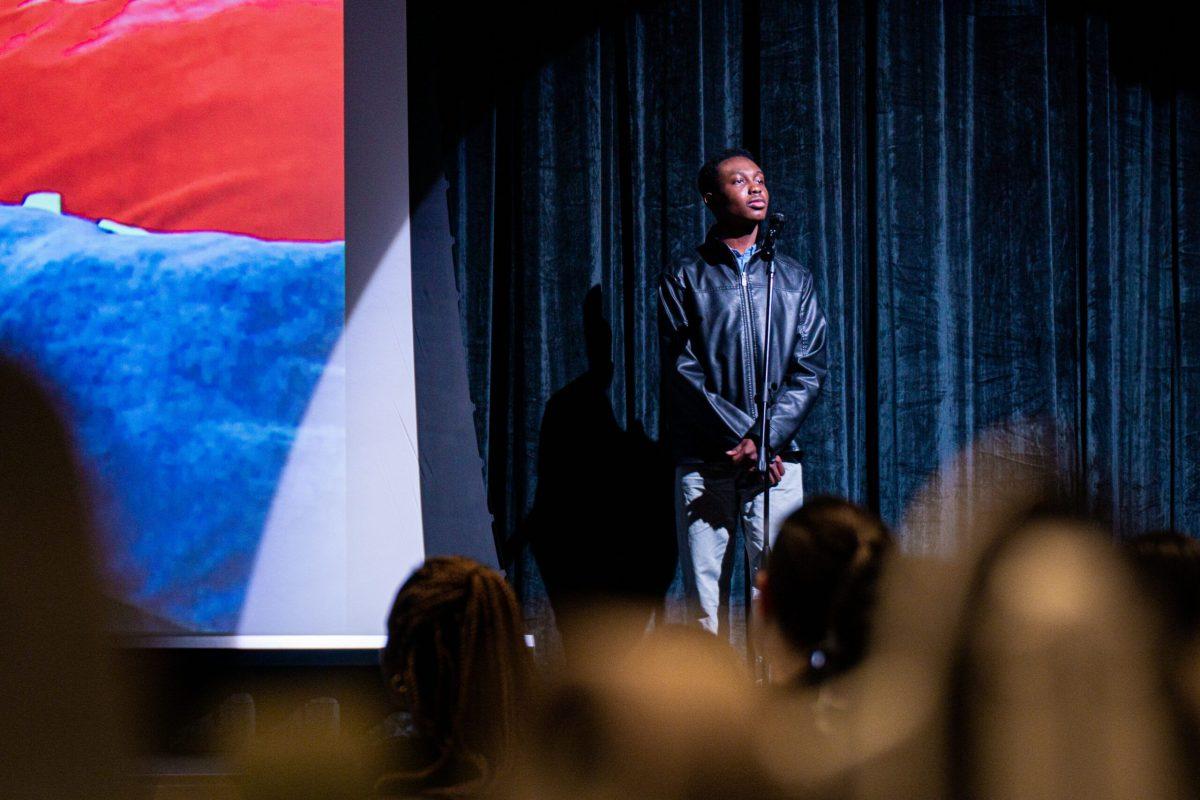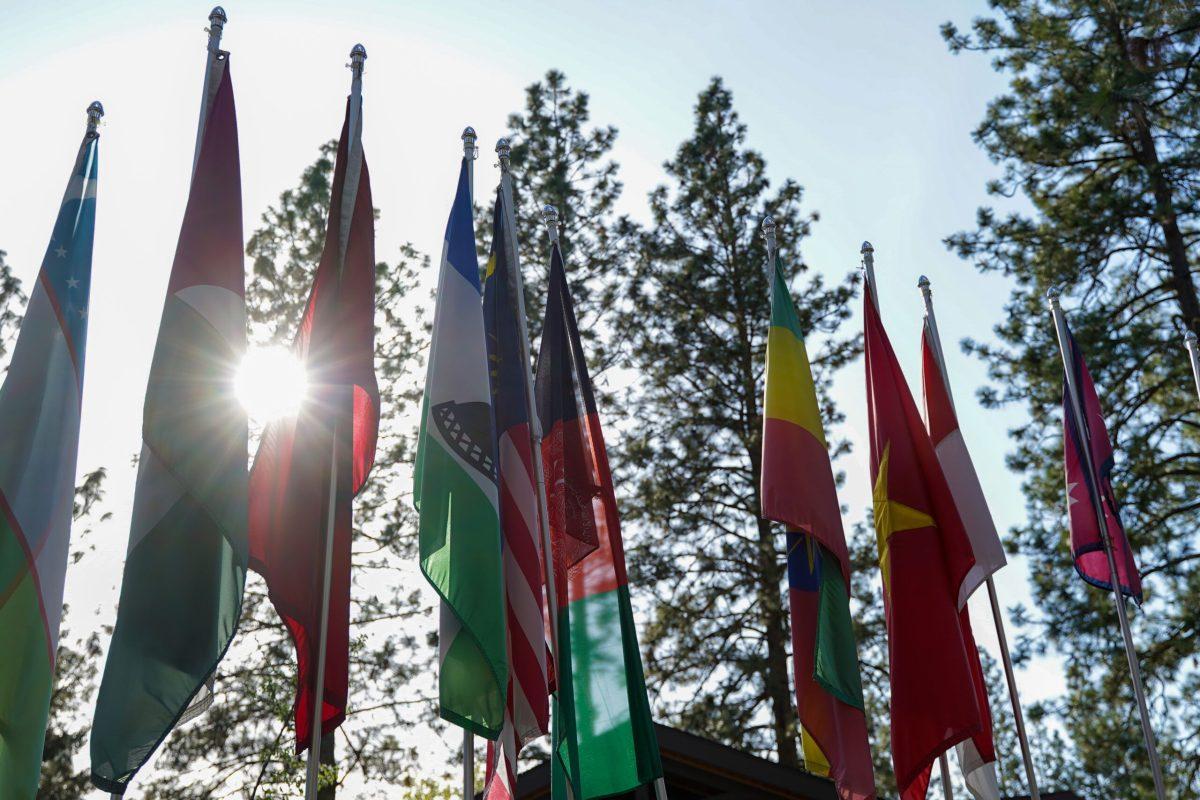
Students trickled into the HUB ABC Room around 7 p.m. on Sept. 20. The projector displayed the poster that many of these students had seen around campus: Constitution Day Lecture: Guns, Abortion, Religion. According to research conducted by the University of Southern California, these three topics are some of the most polarized issues in America.
Julia Stronks, professor of political science, stood at the front of the room and welcomed the students, chatting back and forth with them before the event started.
Stronks lectured on three court cases that were important due to how much attention they received. “Very few people understand why the Court went in the direction it did. It’s my job to explain it.” Stronks opened the lecture by explaining that all three of the cases had been decided conservatively during the summer of 2022 – often to the shock of liberals.
The first case Stronks discussed was New York State Rifle and Pistol Association v. Bruen. This revolved around the Second Amendment and a New York law that in different forms goes back to 1905. It required the carrying of a gun license to be given “proper cause.” However, the problem with this is that “proper cause” was left to the individual discretion of the clerk.
In the second case, Kennedy v. Bremerton School District, freedom of religion and the First Amendment played pivotal roles. This case involved a public school coach who was fired for praying on a football field, theoretically violating the separation of church and state. However, the courts ruled that his actions were not coercive and therefore, firing him was unconstitutional.
The third case, Dobbs v. Jackson Women’s Health Organization, surrounded the Fourteenth Amendment and the striking down of Roe v. Wade. This case’s precedent was struck down, which means that abortion is no longer protected by the Constitution. Stronks discussed some of the nuances of this case, including the definition of “due process” and the application of privacy to medical cases.
Stronks ended her presentation by encouraging students to advocate for judicial decisions they don’t agree with, saying “the Court is never the final say. Get active!” She gave students a few advocacy paths they could take, including working towards amending the Constitution, as well as laws at the state, city or council level, or applying economic pressure.
After her presentation, Stronks opened the time up for a question-and-answer session. The first question immediately targeted the tension surrounding these topics by asking what would happen when abortion rights conflicted with freedom of religion. Stronks responded by acknowledging that freedom of religion would likely win out, as it was directly protected in the Constitution while the right to life was not.
From here on, the questions around this topic kept intensifying. Students asked about the definition of what life is in the scientific community, and how abortion could be legal anywhere if life begins at conception. There were questions about due process, and whether abortion violates that clause. One student mentioned that the courts were producing arbitrary numbers about when life begins and using that as a framework to legalize abortions.
As these questions kept coming, students cast wide-eyed looks at each other. Elisa Vigil, who attended the lecture for extra credit and to see what it was about, said, “I don’t mind that things got a little bit tense. I think that’s just a healthy part of democracy,” she added, “I’ve been in classes where everyone has the same system of world beliefs and perspectives, and even though it’s nice to be around people who think like you, it’s better to have people your views.”
Stronks acknowledged each of the abortion questions and directed them back to the Constitutional law and precedent that had guided the courts to decide cases the way they did.
The final question in this series of abortion-related topics garnered even more wide-eyed looks: Grace Agnor, a community member who had been invited to the event by her friends, raised her hand and asked the question, “if ‘person’ and ‘property’ are the only statuses recognized by the law, are courts going to classify fetuses as persons or property to allow abortion?”
Stronks engaged with this speaker in a bit of discussion before directing her back to the phrase she had been repeating all night: “you’re trying to have a policy debate, and I’m focusing on the constitutional aspect of it.” She encouraged the student to come find her afterward if she wanted to continue discussing this topic on a policy level.
In a later interview, Stronks stated she was pleased with the turnout and with how the students engaged with the material. “I knew picking these topics would be tough,” she said. “Abortion, guns and religion will always involve controversy. Tension is okay.”
She added, “However, Constitution Day is about understanding the Constitution and the Supreme Court. It is not about debating difficult public policy – that belongs in a classroom where you can develop trust and take the time to understand deep complexities.”
Agnor had her own opinion about how her question was answered. “I felt like [Stronks] wanted to tie everything back to the Fourteenth Amendment, and I thought the issue of abortion goes deeper than that. It’s listed with the inalienable rights which is life first, then liberty and property. Life was a thing far before the amendments became a thing. But I appreciated that she answered the question.”
After the questions about abortion phased out, a few more questions were asked about term limits, political philosophy and ideological coercion in the public sphere. The event ended around 8:00 p.m. Afterwards, a group of students gathered around Stronks, asking her more questions. Agnor said, “I wish it was longer and we had more discussion. I could stay here forever.”
The Constitution Day lecture was born out of a federal law that requires every school which receives federal funding to celebrate the Constitution in some way. As Stronks stated during the lecture, “This is us celebrating it.” Although the event happened due to a federal mandate, it was not sparsely attended. Stronks counted 45 students at the event.
Vigil said, “A lot of these issues [that were discussed] are really salient, especially right now. It’s important that people keep talking, and even if people don’t always ask the most appropriate questions, it’s better than if no one is talking at all.”

